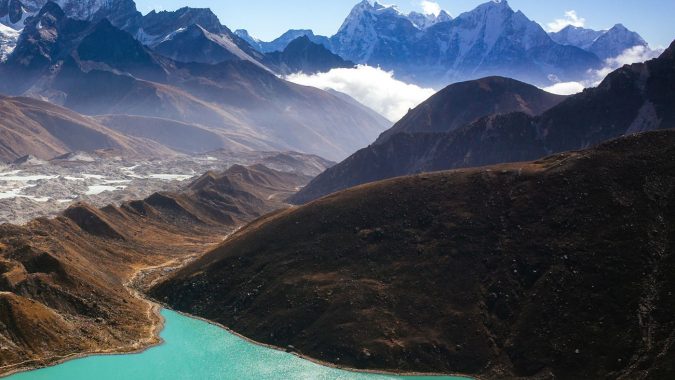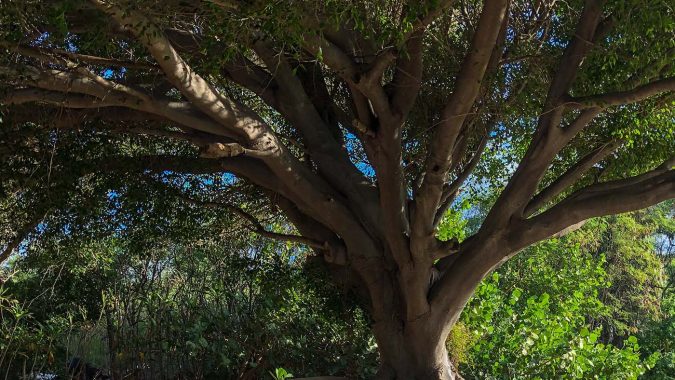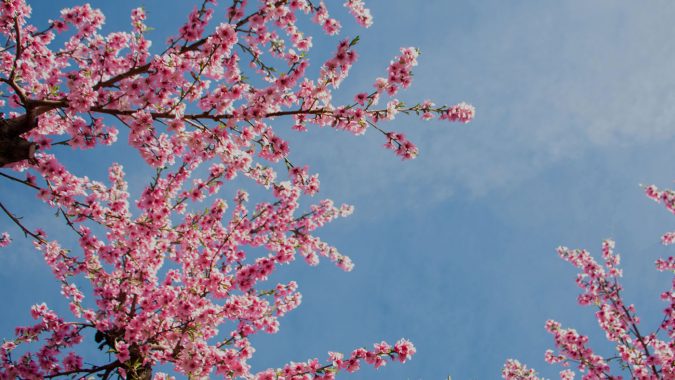
Teachings by Dharma Master Cheng Yen
Translated by Dharma as Water Dev. Dept, Tzu Chi USA
When walking on the Bodhisattva Path, the first thing we must learn is how to unite our hearts. I often say, “If someone cannot come over to us, we need to go over to that person.” Ordinary beings are full of discursive thoughts. We must constantly eliminate interpersonal conflicts, discursive thoughts, and ignorance. We must all share the spirit of Tzu Chi’s missions. Only when our minds are in harmony and united will we have great strength.
Once we enter Tzu Chi, we must go among people. With many of us, it is a challenge to work together at a coordinated pace. Moreover, to speak appropriately is even more challenging. As you follow me, you must take a step forward and let go of the previous step. In this way, you will make progress with each step.
In Tzu Chi, everyone vows to “move toward the Buddha’s homeland.” Such causes and conditions began 2,500 years ago, with a thought in Prince Siddhartha’s mind. With this thought, he understood that this world is full of suffering. Where does suffering come from? It comes from the imbalance in human minds. People fight and are in constant conflicts that disrupt the peace of the world.
Only through teaching the Dharma, utilizing the Dharma, and applying the principles to adjust people’s minds can we save sentient beings. Prince Siddhartha resolutely renounced lay life; this is a story that we are all familiar with. However, merely knowing the story does not necessarily mean we understand the principles. It is easy for us to form aspirations and make vows. It takes less than three seconds to recite the vows and loudly proclaim, “I am willing!” We say, “I am willing,” but what are we willing to do? We may not fully understand.
We must always be mindful. The vows made by ordinary beings may not necessarily follow the right direction. However, having a vow is an opportunity. Without vows, it is difficult to encounter causes and conditions. Even if the affinity is in front of you, without vows, there will never be the causes and conditions. As we form aspirations and make vows to work in concert with unity and harmony, it is not just about being united in heart with those we know; even for people we do not know, perhaps we may have the affinity in the future, and it can be a positive one. If in the future we can meet joyfully and come together, we could become a great force and take part in these good deeds.
We must not let the affinities end. Interpersonal conflicts, disharmony, and fights lead to “breaking away.” To reconnect after “breaking away” requires causes and conditions. We must cherish and encourage each other on the Bodhisattva Path, for only then can we talk about “lifetime after lifetime.”
With a single aspiration, I founded Tzu Chi. From the beginning until now, it has not been a smooth journey, and I faced numerous challenges and navigated through waves amongst people. No matter how high the waves were, I held the helm of the ship steadily. When waves are high, the ship will follow suit. If the wind and waves suddenly drop, the helmsman must grip tighter to prevent the ship from capsizing. It is not easy steering the ship of compassion. When the winds and waves come, those in the same ship cannot slacken. They must hold on tight, stand firm, sit well, or crouch well. We must be determined, and no matter how the ship sways and rocks, we cannot leave this ship.
We must continue to gather good people and share the Dharma with each other. When we share our Dharma joy with others, others will naturally feel joyful as well when they hear our sharing. Let the virtuous Dharma fill the world and bring purity to people’s hearts. By forming good habits, bringing good people together, and connecting with each other, we are “transforming people.”
The sutras say, “Before attaining Buddhahood, we must first extensively make good connections.” We must believe in the Buddha Dharma and value good affinities. Maitreya Bodhisattva and Sakyamuni Buddha once practiced in the same spiritual training ground, following the same master. As a Bodhisattva, Sakyamuni practiced diligently, transformed others, and benefited people; thus, he attained Buddhahood in the human realm. Maitreya Bodhisattva will attain Buddhahood in the future. He has the will and the vow, so after many kalpas, he will surely attain Buddhahood in the future.
The fundamental teacher of the Saha World is Sakyamuni Buddha; he is our teacher. We must form aspirations and make vows to forever treat the Saha World as our spiritual training ground.
In the Lotus Sutra, Bodhisattvas from other worlds said to Sakyamuni Buddha, “Venerable Buddha! We are willing to accept your Dharma and cultivate anew in the Saha World.” However, the Buddha quickly and gently declined, as he was waiting for the emergence of Bodhisattvas from the Saha World. This was the Buddha’s wisdom; He wished to use Bodhisattvas from other worlds to inspire practitioners in the Saha World to form great aspirations.
We must put the aspirations and vows we have formed into action. As long as there is a will, there are no difficulties. We must all be confident. Let us seize the affinities, and let us not become lax or deviate from the path. The Dharma is like drops of dew. It can invigorate the mind after being absorbed. I hope everyone can accept the Buddha Dharma and use it to nourish their wisdom life.
Compiled from Master Cheng Yen’s teachings in a conversation with Malaysia volunteers on September 19, 2023, and morning Dharma talk at the Jing Si Abode on October 18, 2018































